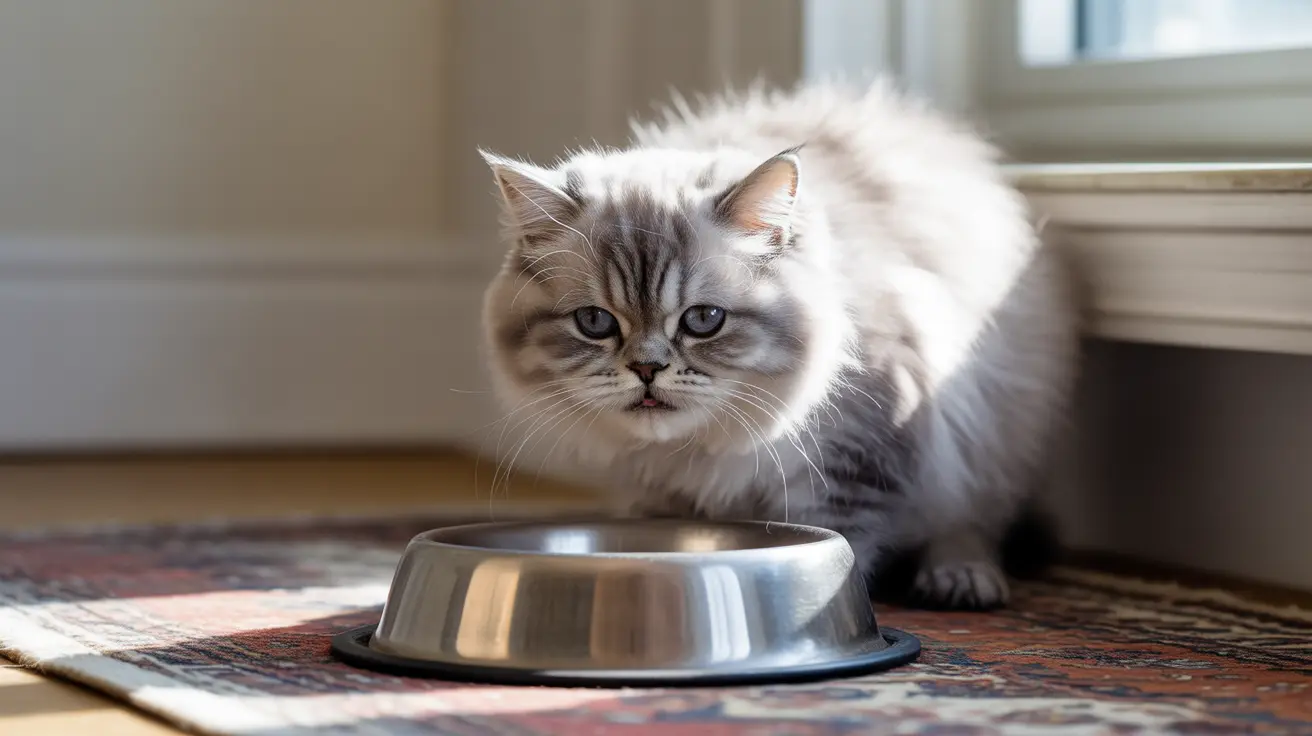Understanding Feline Acid Reflux
Acid reflux in cats occurs when the sphincter between the stomach and esophagus fails to function properly, allowing stomach acids to travel upward. This condition can affect cats of any age, though young kittens and senior cats are particularly vulnerable due to their developing or weakening digestive systems.
The condition can range from mild to severe, with some cats experiencing occasional discomfort while others develop chronic symptoms that require immediate veterinary attention.
Recognizing the Signs of Heartburn in Cats
Cats with acid reflux may display various symptoms that signal their discomfort:
- Frequent vomiting or regurgitation, especially shortly after eating
- Excessive drooling and swallowing
- Loss of appetite or difficulty eating
- Visible pain or discomfort while swallowing
- Changes in vocalization or meowing
- Weight loss
- Persistent bad breath
- Coughing or gagging
Causes and Risk Factors
Several factors can contribute to the development of acid reflux in cats:
- Weakened esophageal sphincter
- Hereditary predisposition
- Obesity
- Certain medications
- Dietary sensitivities
- Underlying health conditions
- Recent anesthesia
- Hiatal hernia
Diagnosis and Treatment Options
Veterinarians typically diagnose acid reflux through a combination of physical examination, medical history review, and diagnostic tests such as blood work, X-rays, or endoscopy. The treatment approach usually involves multiple strategies:
Medical Management
- Acid-reducing medications
- Gastroprotective agents
- Anti-nausea medications
- Prokinetics to improve digestive motility
Dietary Modifications
- Small, frequent meals
- Low-fat, easily digestible food
- Elevated feeding positions
- Avoiding trigger foods
Prevention and Long-term Management
Managing feline acid reflux often requires ongoing attention and care. Pet owners can help prevent flare-ups by:
- Maintaining a consistent feeding schedule
- Using elevated food bowls
- Avoiding dietary changes
- Keeping stress levels low
- Regular veterinary check-ups
- Weight management
Frequently Asked Questions
Can cats get heartburn or acid reflux like humans?
Yes, cats can develop heartburn and acid reflux similar to humans. While they experience the same burning sensation and discomfort, they cannot verbally express their symptoms.
What are the common signs and symptoms of acid reflux in cats?
Common symptoms include vomiting, regurgitation, excessive drooling, difficulty swallowing, decreased appetite, weight loss, and behavioral changes indicating discomfort.
How do veterinarians diagnose and treat heartburn or acid reflux in cats?
Veterinarians diagnose through physical examination, medical history, and diagnostic tests. Treatment typically includes medications, dietary modifications, and lifestyle changes.
Are there special diets or feeding practices that help manage acid reflux in cats?
Yes, feeding small, frequent meals of easily digestible food, using elevated bowls, and avoiding trigger foods can help manage acid reflux symptoms.
What complications can acid reflux cause in cats if left untreated?
Untreated acid reflux can lead to esophagitis, esophageal strictures, aspiration pneumonia, chronic pain, and significant weight loss.
While acid reflux and heartburn can be uncomfortable for cats, proper diagnosis and treatment can help manage symptoms effectively. If you notice any signs of digestive distress in your cat, consult with your veterinarian to develop an appropriate treatment plan and ensure your feline friend's comfort and well-being.






